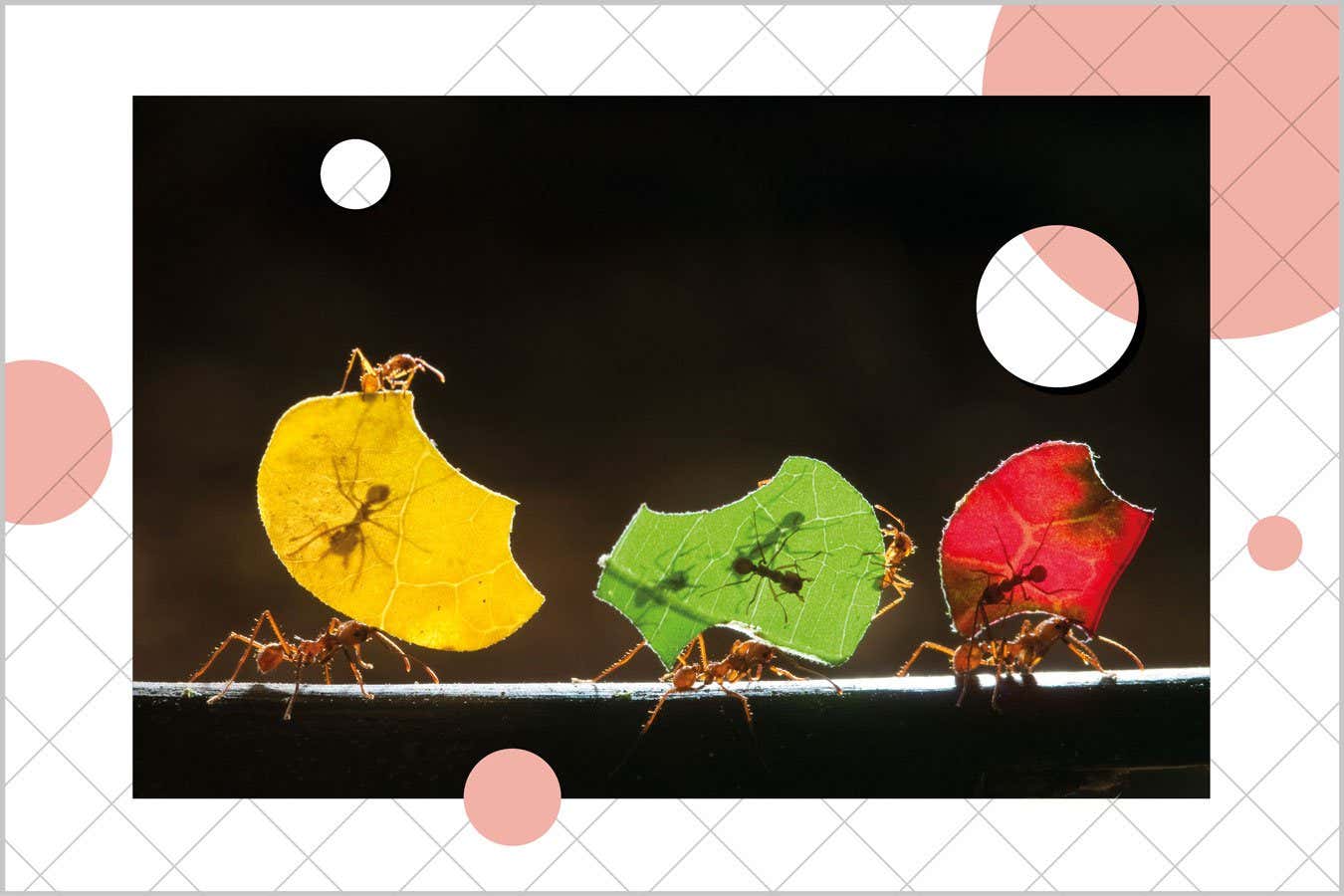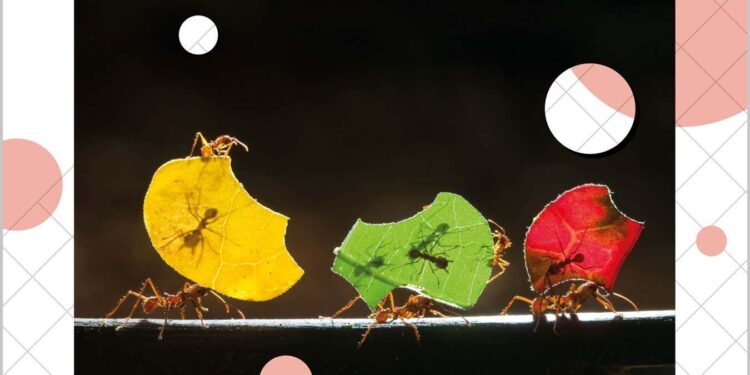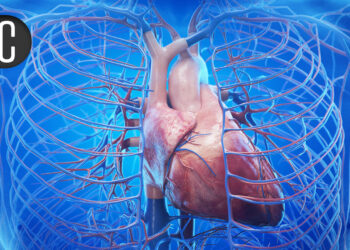
Are dogs conscious, with thoughts and feelings of their own? What about pigeons? Honeybees? Earthworms? Jellyfish? How you answer will probably reflect the human tendency to ascribe consciousness to familiar and so-called “higher” animals, while doubting that it extends to “simpler” ones, such as invertebrates.
In fact, we can never be certain if another being is conscious. “The subjective nature of experience means you can’t be totally sure – you can’t even be 100 per cent sure about other humans,” says Jonathan Birch at the London School of Economics, author of The Edge of Sentience.
This story is part of our Concepts Special, in which we reveal how experts think about some of the most mind-blowing ideas in science. Read more here
Nevertheless, we can gather evidence. But first, we must decide what we mean by consciousness. Here, says Birch, it is useful to follow the thinking of philosopher Herbert Feigl and split consciousness into three layers.
The most basic is sentience, the raw sensation of the present moment, including sensations from the outside world and more interior feelings like pain, pleasure, excitement and boredom. On top of that is sapience, the ability to reflect on our experiences – to think, for example: “This pain is the worst pain I’ve ever had.” The final layer, selfhood, is a sense of ourselves as beings with a past, a future and a life of our own.
Studies of animal consciousness tend to focus on sentience. “A lot of that research has been on pain, though people are moving towards looking at positive emotions like joy as well,” says Kristin Andrews at York University in Toronto. For instance, fish that are in pain may swim to a part of their tank that has a painkiller dissolved in the water.
A second type of evidence of sentience comes from social behaviour. “Animals are socially learning so much of their knowledge and skills,” says Andrews. Even insects do it. Fruit flies, for example, learn whom to have sex with by watching other fruit flies have sex.
The extent to which some animals are aware of their cultural context is revealed in some extraordinary findings, including the recent discovery that mice seemingly give “first aid” to unconscious companions. Researchers have also looked for episodic memory, which is the ability to relive past experiences – suggesting selfhood – and found it in various mammals, including rats and chimpanzees, as well as in birds like scrub jays.
Although evidence of widespread sentience is growing, we still don’t understand the neurobiological requirements of consciousness. There are some studies in mammals pointing to the brain regions that are involved, says Andrews, “but we can’t generalise to other species that have very different neural structures”. For instance, insects don’t have anything like a human brain, and yet there is good evidence they can feel pain – and are therefore sentient.
Nevertheless, last year, Andrews, Birch and their colleagues released the New York Declaration on Animal Consciousness, which states there is “a realistic possibility of conscious experience” even in many invertebrates. Andrews goes further, arguing that we should start by assuming all animals are conscious.
This upends the current assumptions held by most biologists, but it might not be such a stretch for the rest of us. The idea that animals are unfeeling automata is “an aberration of Western science”, says Birch. “Non-Western cultures, and indeed a lot of people in the West, outside of the academy, have always thought of animals as sentient beings.”
Read the other stories in this series using the links below:
Topics:
Source link : https://www.newscientist.com/article/2483940-why-you-should-assume-that-even-the-simplest-animals-are-conscious/?utm_campaign=RSS%7CNSNS&utm_source=NSNS&utm_medium=RSS&utm_content=home
Author :
Publish date : 2025-06-23 14:00:00
Copyright for syndicated content belongs to the linked Source.








